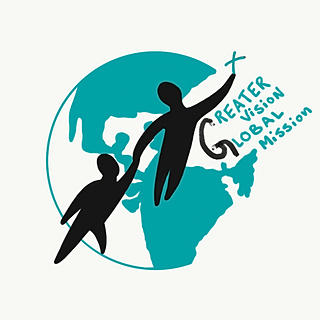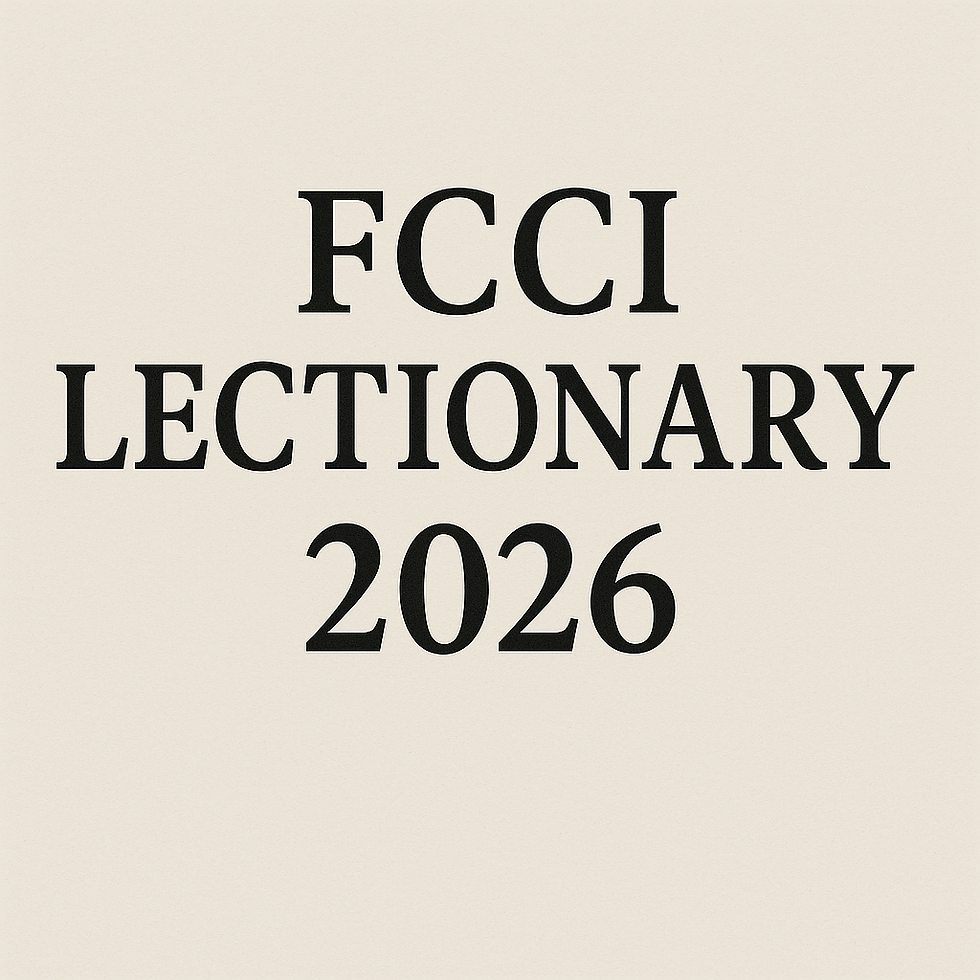WHY DON’T I CELEBRATE HALLOWEEN
- FCCI Newsletter
- Oct 25, 2025
- 3 min read
As a pastor, I am often asked, “Is it right for Christians to observe or celebrate Halloween?” In my view, this question is not difficult to answer. Halloween belongs neither to my cultural tradition nor to the Christian faith. Yet, I have observed that even after hearing a clear explanation, some still choose to participate as they wish. Therefore, rather than being judgmental, I simply wish to share my personal reflection on this question: “Why don’t I celebrate Halloween?”
1. Origins in Darkness, Not Light
Halloween traces back to ancient Celtic festivals (like Samhain), which marked the end of the harvest season and were associated with spirits of the dead. Many traditions—ghosts, witches, and spells—come from beliefs rooted in evil and death rather than in the living God.
“Have nothing to do with the fruitless deeds of darkness but rather expose them.”
Ephesians 5:11
2. Focus on Fear Instead of Faith
Halloween often glorifies fear, horror, and superstition. But the Gospel replaces fear with faith, love, and peace.
“For God has not given us a spirit of fear, but of power, love, and self-control.”
2 Timothy 1:7
3. Celebrating Life, Not Death
While Halloween centers on skeletons, tombs, and ghosts, Christians celebrate life in Christ—the One who conquered death.
“I am the resurrection and the life.”
John 11:25
4. We Belong to the Light
As children of God, we live in the light of truth and holiness. Our lives should reflect Jesus, not imitate worldly customs that distract from Him.
“You are all children of the light and children of the day.”
1 Thessalonians 5:5
SOCIAL FACTORS BEHIND HALLOWEEN
1. Cultural Tradition
Halloween has become a social event emphasizing costumes, fun, and community activities like trick-or-treating. Many people view it as a cultural holiday rather than a spiritual one, a time for parties, decorations, and creativity.
2. Media and Commercial Influence
Movies, television, and advertising have turned Halloween into a billion-dollar industry. Businesses promote costumes, candy, and horror themes, shaping how society views the event. This strong commercial push often hides the festival’s spiritual and historical roots.
3. Peer and Community Pressure
Children and families often feel social pressure to participate so they won’t feel “left out.” Schools and neighborhoods frequently host Halloween events, making it difficult for Christian families to remain separate.
4. Focus on Entertainment
Society normalizes the emphasis on fear, ghosts, and “fun-scary” experiences. People enjoy being entertained by the idea of fear without realizing how it desensitizes them to real evil.\

EVIL IS EVIL WHATSOEVER
1. Evil as a Cultural Phenomenon
Evil often takes root in culture when moral boundaries are slowly redefined.
What once was condemned becomes tolerated, and what was tolerated becomes celebrated. Cultural acceptance does not make something right—it simply reflects a society’s moral desensitization.
Example: Violence, greed, and sexual immorality are normalized in media, shaping values and numbing consciences over time.
2. Evil in Traditional Values
Traditions can preserve good—but when corrupted, they can also preserve evil.
Sometimes customs that began with good intentions become rigid systems that justify injustice.
Example: Practices like caste discrimination, gender inequality, or ritual exploitation show how cultural traditions can hide moral decay under the name of heritage.
3. Evil as a Social and Psychological Phenomenon
Evil spreads not only through systems but also through imitation and fear of rejection.
When individuals conform to what “everyone does,” evil becomes collective.
Psychological note: People often rationalize wrong behavior by saying, “It’s just the way things are done.”
4. Evil as Entertainment
One of the most subtle infiltrations of evil is through entertainment.
Modern media often glorifies sin as excitement—violence becomes thrilling, immorality becomes romantic, and rebellion becomes heroic.
Result: Audiences become passive participants in what God calls evil. What entertains us today may enslave us tomorrow.
5. Spiritual Reflection
The Bible warns that in the last days, people will “call evil good and good evil.”
Evil doesn’t always appear monstrous; it often disguises itself as beauty, tradition, or fun.
Christians are called to discern—not only between right and wrong
, but also between what seems right yet leads to destruction.
Scripture: “Woe to those who call evil good and good evil.” Isaiah 5:20
Clive E. Samson+
Priest-in-Charge
Faith Christian Church of India (FCCI)
St. Louis, Missouri
October 2025






Comments